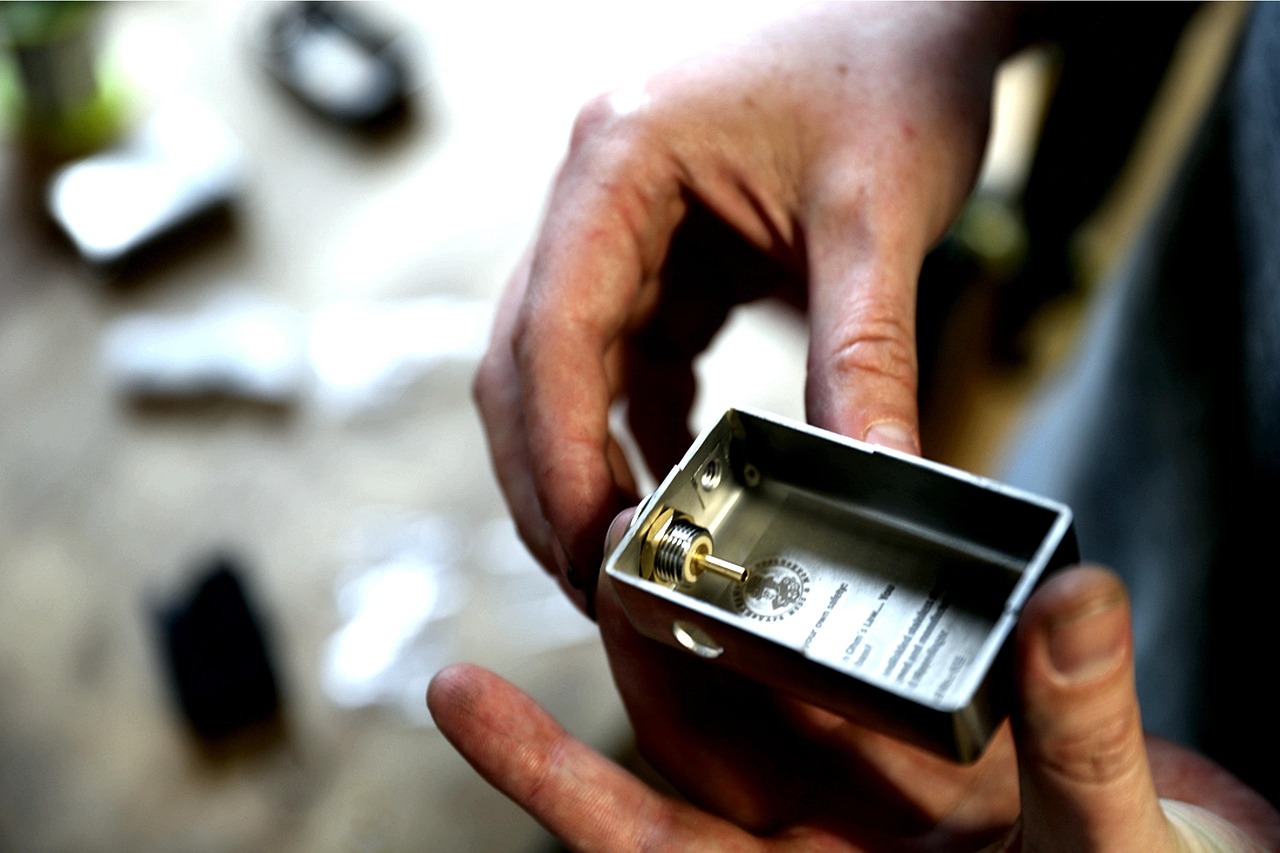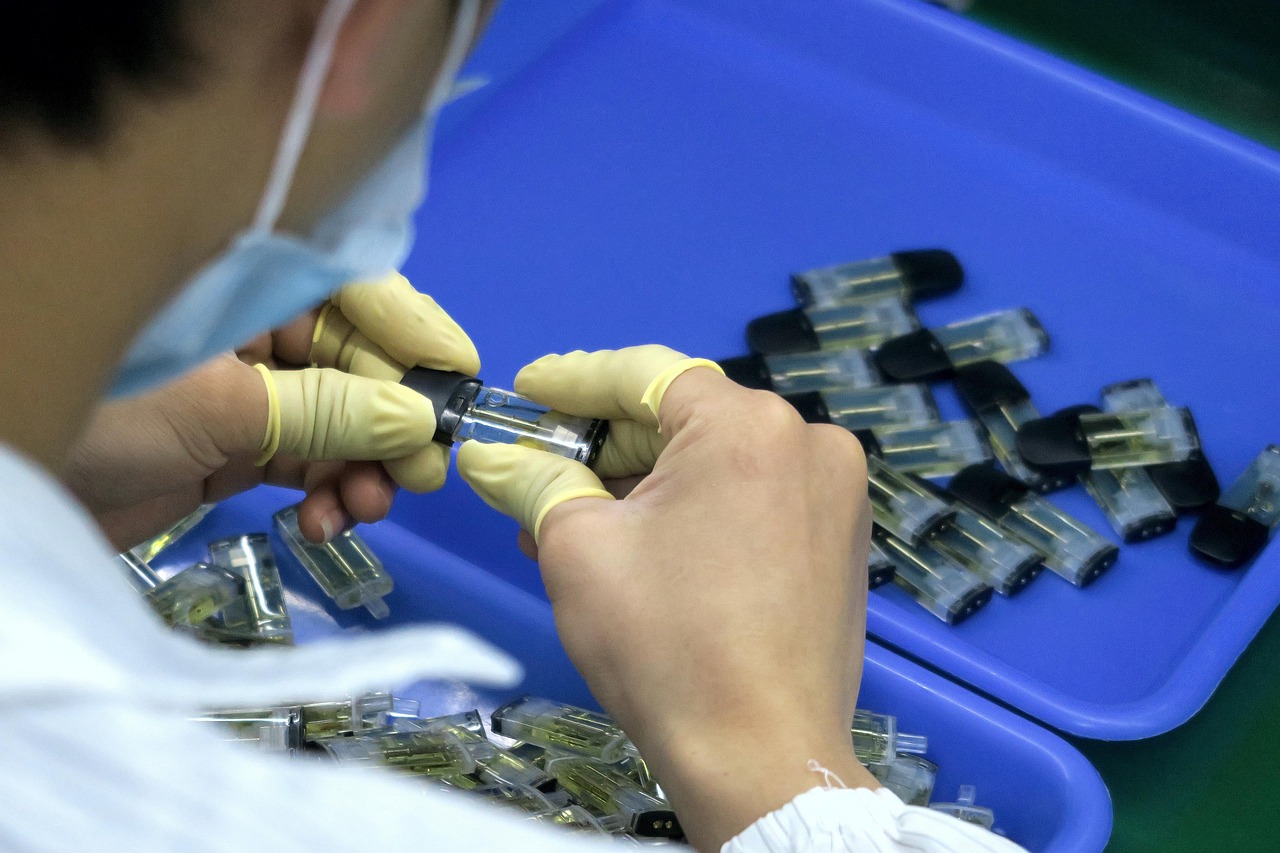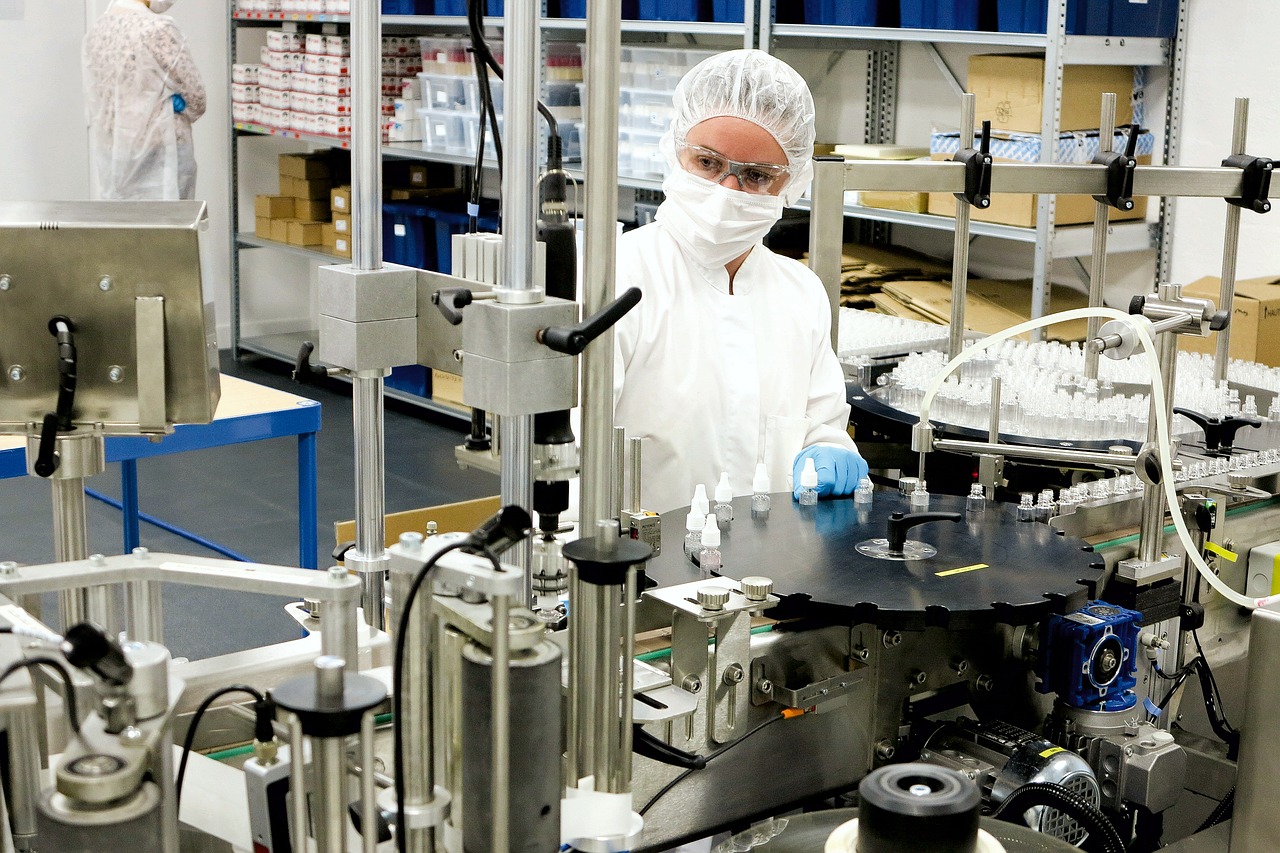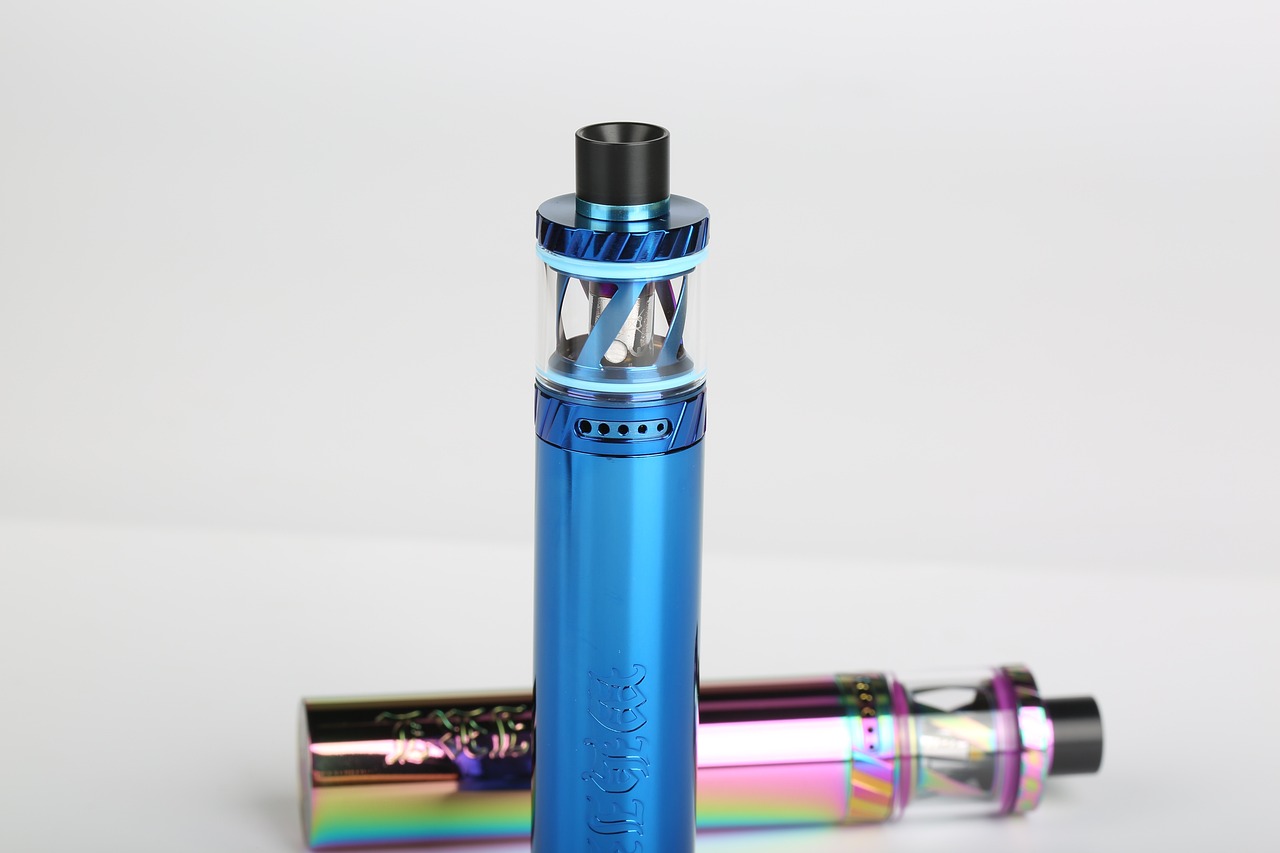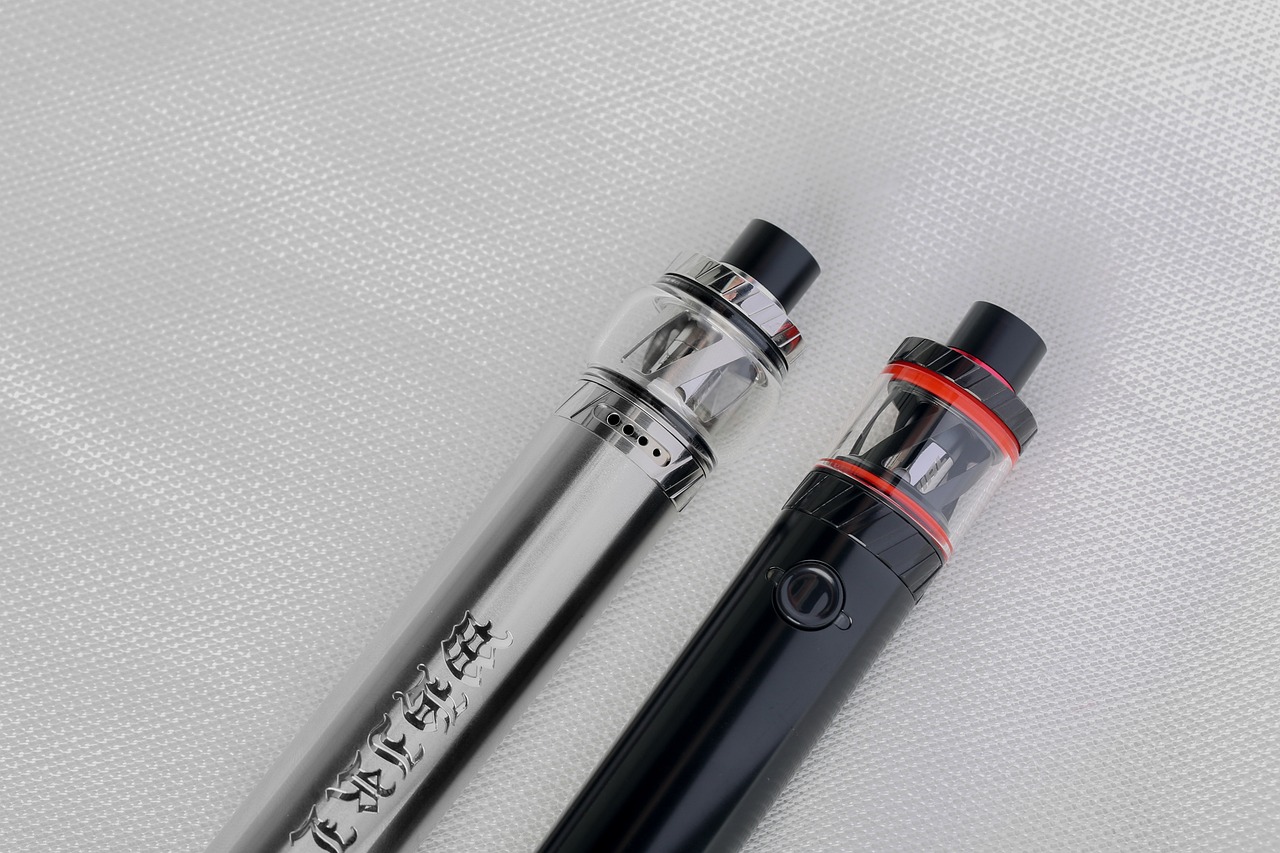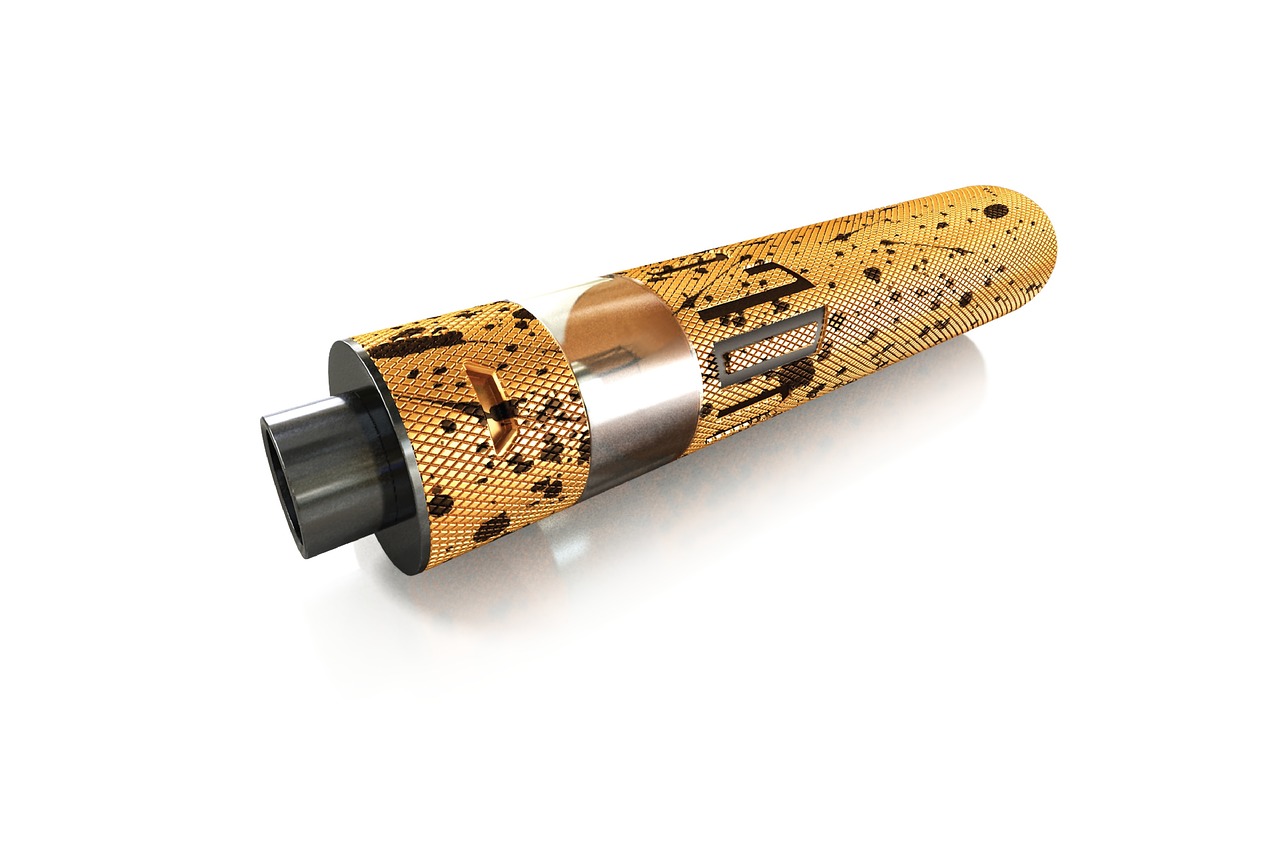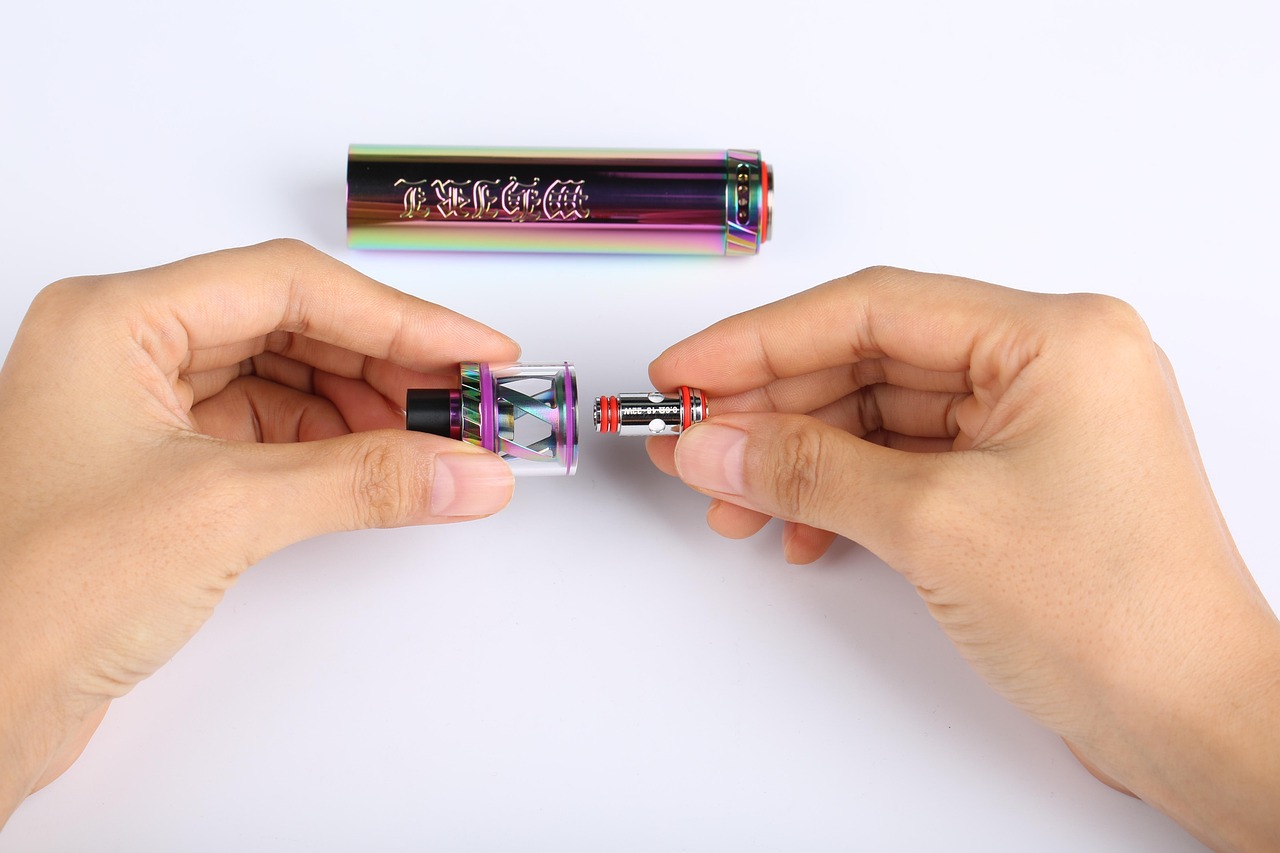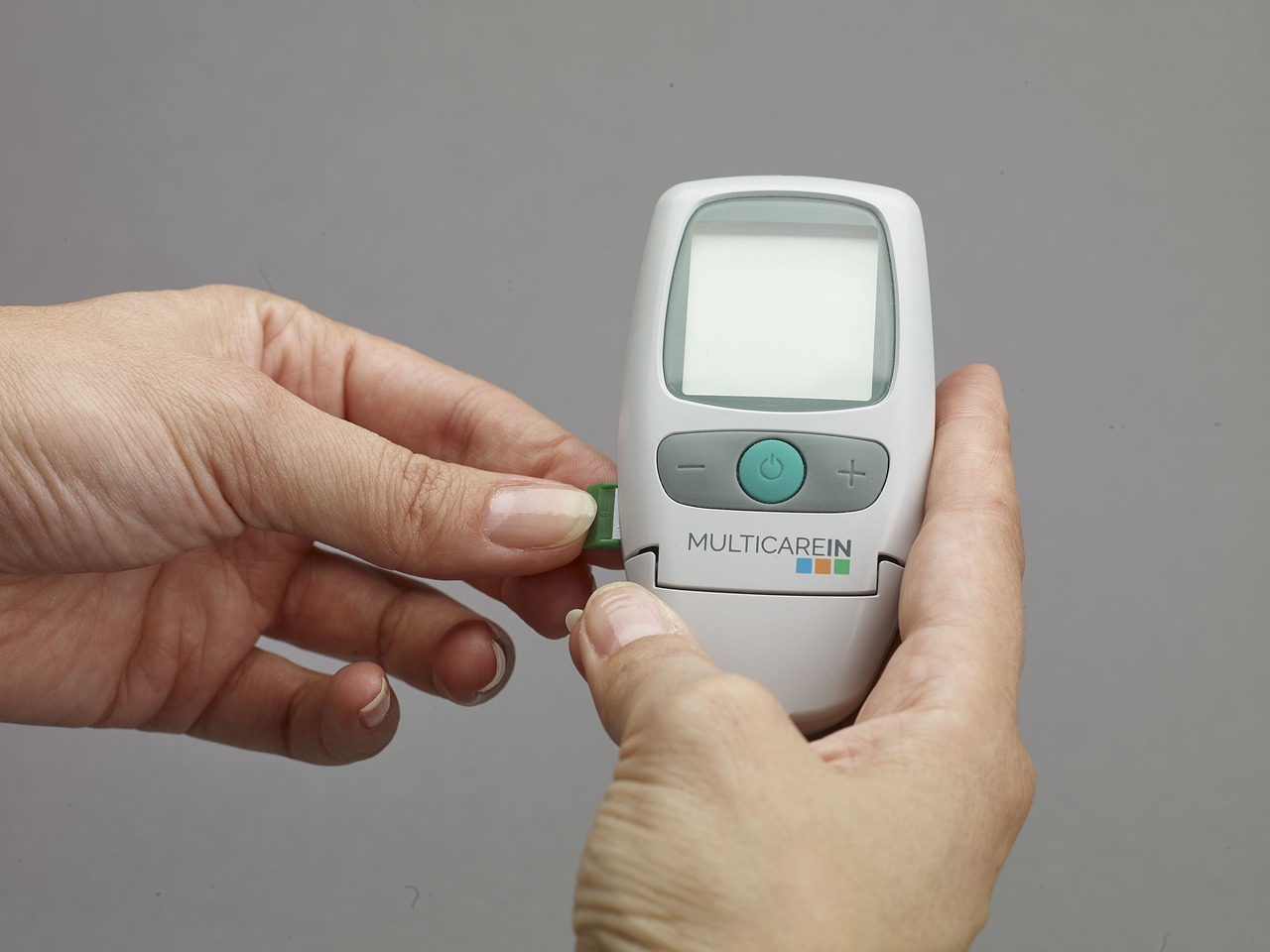This article explores the relationship between vaping and dental health, examining the effects of e-cigarettes on oral hygiene, potential risks, and ways to mitigate harm for better dental outcomes.
How Does Vaping Affect Oral Health?
Understanding the impact of vaping on oral health is crucial for users. The use of e-cigarettes can lead to several dental issues, including altered oral microbiomes and increased susceptibility to infections. The vapor produced by e-cigarettes can also create a dry environment in the mouth, which is less conducive to maintaining healthy gums and teeth. Additionally, the high temperatures involved in vaping can damage oral tissues, exacerbating existing dental problems.
What Are the Risks of Vaping for Your Teeth?
Vaping poses several risks to dental health. Some of the potential dangers include:
- Tooth Decay: The sweeteners and flavorings in e-liquids can promote the growth of bacteria that lead to cavities.
- Gum Disease: Chronic inflammation caused by vaping can result in periodontal disease, affecting the gums and supporting structures of the teeth.
- Oral Lesions: Vapers may experience sores and lesions in the mouth, which can lead to further complications.
Can Vaping Lead to Gum Disease?
Gum disease is a significant concern for vapers. Research indicates that the chemicals in e-cigarettes can cause inflammation of the gums, leading to conditions such as gingivitis and periodontitis. Regular dental check-ups are essential for early detection and management of these issues.
What Are the Symptoms of Gum Disease?
Recognizing the symptoms of gum disease is essential for early intervention. Common signs include:
- Red, swollen gums
- Bleeding when brushing or flossing
- Persistent bad breath
- Loose teeth
How Can You Prevent Gum Disease While Vaping?
Prevention strategies are key for vapers. Here are some practical tips:
- Maintain a rigorous oral hygiene routine, including brushing twice a day and flossing daily.
- Stay hydrated to combat dry mouth.
- Use an antibacterial mouthwash to reduce oral bacteria.
Does Vaping Cause Dry Mouth?
Dry mouth is a common side effect of vaping. Reduced saliva production can lead to various oral health issues, including increased cavity risk and gum disease. To combat this problem, drink plenty of water and consider using saliva substitutes or mouthwashes designed to alleviate dry mouth.
What Ingredients in E-Liquids Are Harmful to Teeth?
E-liquids contain various ingredients that may harm dental health. Some harmful components include:
- Propylene Glycol: This ingredient can cause dryness and irritation in the mouth.
- Flavoring Agents: Some flavorings, particularly those that are acidic, can erode tooth enamel.
Are Flavorings in E-Liquids Safe for Dental Health?
Flavoring agents in e-liquids can pose risks. While some are generally considered safe, others may be more harmful, especially those that are acidic or contain sugar. It’s important to be aware of the ingredients in your e-liquid and choose products with less harmful components.
What Role Does Nicotine Play in Oral Health?
Nicotine is a significant component of many e-liquids. It can constrict blood vessels, leading to reduced blood flow to the gums, which can hinder healing and increase the risk of gum disease. Additionally, nicotine can impair the immune response, making it harder for the body to fight off oral infections.
How Can Vapers Maintain Healthy Teeth?
Maintaining dental health is essential for vapers. Here are some actionable tips:
- Brush and floss regularly, focusing on areas that may be more affected by vaping.
- Schedule regular dental check-ups to monitor oral health.
- Consider using fluoride toothpaste to strengthen enamel.
What Oral Hygiene Practices Should Vapers Follow?
Good oral hygiene is vital for vapers. Specific practices include using a soft-bristled toothbrush, avoiding sugary snacks, and rinsing with water after vaping to reduce the concentration of harmful substances in the mouth.
When Should You See a Dentist as a Vaper?
Regular dental visits are crucial for vapers. It’s important to monitor oral health and seek professional advice if you notice any changes, such as persistent bad breath, bleeding gums, or tooth sensitivity.

How Does Vaping Affect Oral Health?
Understanding the impact of vaping on oral health is crucial for users, as the trend of e-cigarette use continues to rise globally. While many perceive vaping as a safer alternative to traditional smoking, it is essential to delve deeper into its effects on dental conditions and overall oral hygiene. This section explores the specific ways e-cigarettes can influence oral health.
Vaping introduces various chemicals into the mouth, which can disrupt the natural balance of oral flora. This imbalance can lead to an increased risk of tooth decay and other dental issues. Unlike traditional cigarettes, e-cigarettes often contain sweeteners and flavorings that can contribute to the growth of harmful bacteria in the mouth. These bacteria produce acids that attack tooth enamel, leading to cavities.
Furthermore, vaping can significantly reduce saliva production, resulting in a condition known as dry mouth. Saliva plays a vital role in maintaining oral health by neutralizing acids, washing away food particles, and providing essential minerals to teeth. A decrease in saliva can lead to a higher risk of tooth decay and gum disease, making it imperative for vapers to stay vigilant about their oral hygiene.
Another critical aspect to consider is the effect of nicotine, a common ingredient in many e-liquids. Nicotine can constrict blood vessels, reducing blood flow to the gums and leading to a higher susceptibility to gum disease. Periodontal issues can progress rapidly if not addressed, emphasizing the need for regular dental check-ups.
Moreover, the flavorings used in e-liquids can also pose risks to oral health. Some flavoring agents may be more harmful than others, potentially causing irritation to the oral tissues. Users should be cautious and informed about the ingredients in their e-liquids, as certain flavors can exacerbate existing dental issues.
To mitigate these risks, vapers should adopt a rigorous oral hygiene routine. This includes brushing at least twice a day with fluoride toothpaste, flossing regularly, and using mouthwash to help combat dry mouth. Staying hydrated is essential, as drinking water can stimulate saliva production and help maintain a healthier oral environment.
Additionally, regular visits to the dentist are vital for vapers. Dental professionals can monitor any changes in oral health, provide professional cleanings, and offer personalized advice on maintaining oral hygiene while using e-cigarettes. Recognizing the symptoms of gum disease, such as swollen gums, persistent bad breath, or bleeding during brushing, is also crucial for early intervention.
In summary, while vaping may be perceived as a less harmful alternative to smoking, its impact on oral health cannot be overlooked. Users must be proactive in understanding the potential risks and implementing strategies to protect their dental health. By maintaining good oral hygiene practices and staying informed about the ingredients in e-liquids, vapers can work towards minimizing the adverse effects on their teeth and gums.
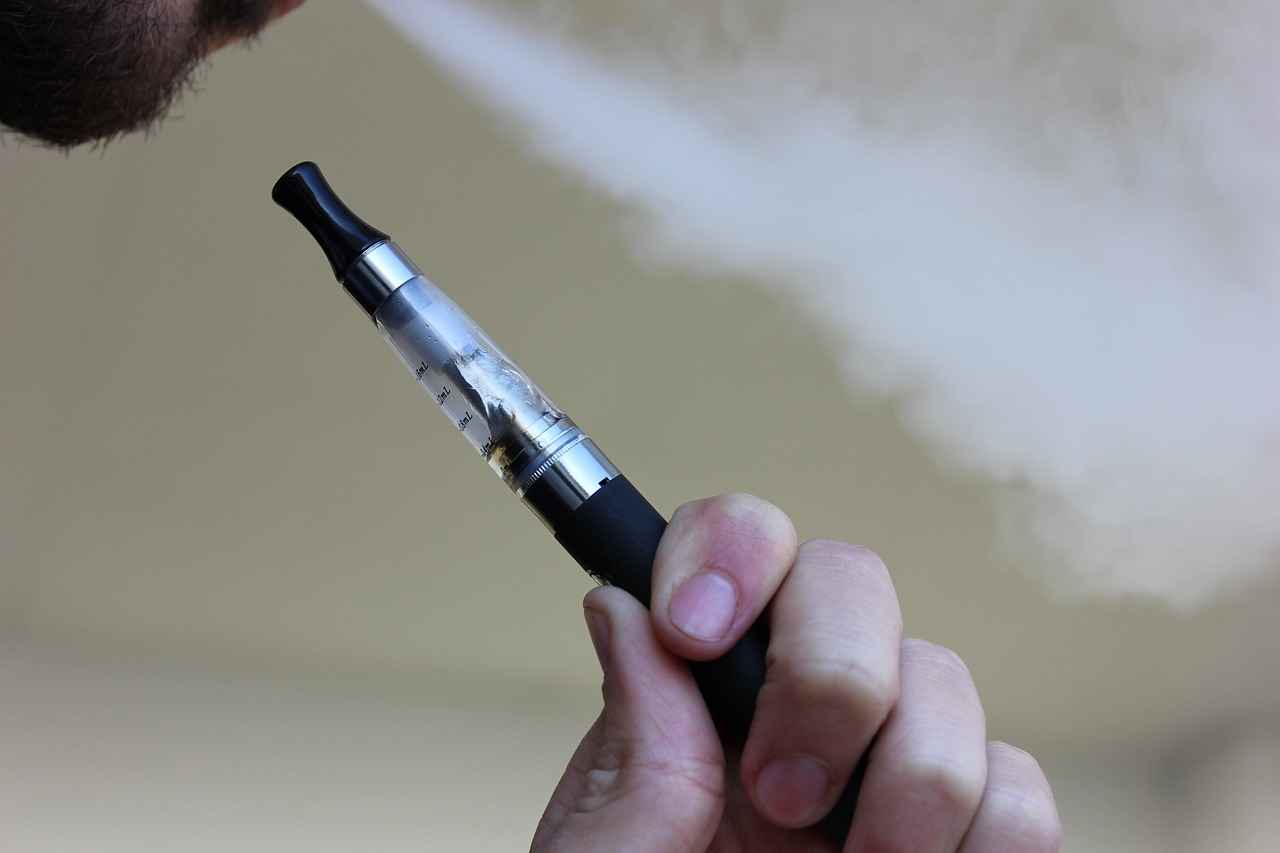
What Are the Risks of Vaping for Your Teeth?
Vaping has gained popularity as an alternative to traditional smoking, but many users may not be fully aware of the potential risks it poses to dental health. As e-cigarettes become more prevalent, understanding their effects on oral hygiene is essential. In this section, we will explore the various risks associated with vaping, particularly focusing on how it can affect your teeth and gums.
Vaping poses several risks to dental health. Here, we outline the potential dangers, including tooth decay, gum disease, and other oral complications associated with e-cigarette use.
- Tooth Decay: The ingredients in e-liquids, particularly sugars and acids, can contribute to the formation of cavities. When these substances linger on teeth, they create an environment conducive to bacterial growth, leading to decay.
- Gum Disease: Vaping can lead to inflammation of the gums, increasing the risk of periodontal disease. The heat and chemicals from e-cigarettes can disrupt the oral microbiome, making it easier for harmful bacteria to thrive.
- Dry Mouth: Many vapers experience dry mouth, a condition that can significantly impact oral health. Reduced saliva production means less natural protection against bacteria and acid, heightening the risk of both tooth decay and gum disease.
- Oral Cancer: While research is ongoing, some studies suggest that the chemicals in e-cigarettes may increase the risk of oral cancers, particularly with long-term use.
Gum disease is a significant concern for vapers. The chemicals in e-cigarettes can lead to inflammation and infection of the gum tissues, which may progress to more severe periodontal issues if left unchecked.
Recognizing the symptoms of gum disease is essential for early intervention. Common signs include:
- Red, swollen gums
- Bleeding during brushing or flossing
- Persistent bad breath
- Loose teeth or changes in bite
Prevention strategies are key for vapers. Here are some practical tips:
- Maintain a rigorous oral hygiene routine, including brushing twice daily and flossing.
- Stay hydrated to combat dry mouth and stimulate saliva production.
- Consider using alcohol-free mouthwash to avoid further drying out the mouth.
- Schedule regular dental check-ups to monitor oral health.
Dry mouth is a common side effect of vaping. Reduced saliva production can lead to various oral health issues, including increased risk of cavities and gum disease. To combat this problem, vapers should:
- Drink plenty of water throughout the day.
- Chew sugar-free gum to stimulate saliva flow.
- Avoid caffeine and alcohol, which can exacerbate dryness.
E-liquids contain various ingredients that may harm dental health. Some of the most concerning components include:
- High levels of sugar, which can contribute to tooth decay.
- Acids that can erode tooth enamel.
- Chemicals like propylene glycol, which may lead to dry mouth.
Flavoring agents in e-liquids can pose risks. Some flavorings may be more harmful than others, particularly those with high sugar content or acidic properties. Users should be cautious and aware of the potential impact on their oral health.
Nicotine is a significant component of many e-liquids. It can constrict blood vessels, reducing blood flow to the gums and impairing healing processes. This can exacerbate existing dental issues and make it harder for the body to fight off infections.
Maintaining dental health is essential for vapers. Here are actionable tips:
- Brush and floss regularly to remove plaque and food particles.
- Use fluoride toothpaste to strengthen tooth enamel.
- Limit sugary e-liquids and opt for less acidic options.
- Visit the dentist regularly for cleanings and check-ups.
Regular dental visits are crucial for vapers. It’s important to monitor oral health and seek professional advice if experiencing symptoms of gum disease, persistent dry mouth, or any other dental issues.
Can Vaping Lead to Gum Disease?
As vaping continues to rise in popularity, many users remain unaware of the potential oral health risks associated with e-cigarettes. One of the most significant concerns is the link between vaping and gum disease. Understanding how vaping can contribute to periodontal issues is crucial for maintaining good oral hygiene.
Gum disease, also known as periodontal disease, occurs when the gums become inflamed due to the buildup of plaque and bacteria. Vaping can exacerbate this condition in several ways:
- Reduced Saliva Production: Vaping can lead to dry mouth, which decreases saliva production. Saliva is essential for neutralizing acids and washing away food particles and bacteria. A dry mouth can create an environment conducive to bacterial growth, increasing the risk of gum disease.
- Chemical Exposure: E-liquids contain various chemicals, including nicotine and flavoring agents, that can irritate the gums and oral tissues. These irritants may lead to inflammation, making the gums more susceptible to infection.
- Altered Oral Microbiome: Research suggests that vaping can disrupt the oral microbiome, the balance of bacteria in the mouth. An imbalance can promote the growth of harmful bacteria that contribute to gum disease.
Given these factors, it is essential for vapers to prioritize their dental health. Regular dental check-ups play a vital role in early detection and prevention of gum disease. During these visits, dentists can:
- Assess gum health and identify any early signs of disease.
- Provide professional cleanings to remove plaque and tartar buildup.
- Offer personalized advice on maintaining oral hygiene while vaping.
Additionally, recognizing the symptoms of gum disease is crucial for vapers. Common signs include:
- Red, swollen, or bleeding gums.
- Persistent bad breath.
- Loose teeth or changes in bite.
If you notice any of these symptoms, it is important to seek dental care promptly. Early intervention can prevent more severe complications, such as tooth loss.
In conclusion, while vaping may be perceived as a less harmful alternative to smoking, it carries significant risks for oral health, particularly concerning gum disease. By understanding the implications of vaping on dental health and prioritizing regular check-ups, vapers can take proactive steps to mitigate these risks and maintain a healthy smile.
What Are the Symptoms of Gum Disease?
Understanding the symptoms of gum disease is crucial for vapers who want to maintain optimal oral health. Gum disease, also known as periodontal disease, can lead to severe complications if not addressed promptly. This section outlines the common signs that vapers should be aware of to ensure they take proactive steps toward their dental health.
- Persistent Bad Breath: One of the first indicators of gum disease is persistent bad breath, or halitosis. If you notice that your breath remains foul despite regular brushing and mouthwash use, it could be a sign of gum inflammation or infection.
- Red or Swollen Gums: Healthy gums should appear pink and firm. If your gums are red, swollen, or tender, this could indicate the onset of gum disease. Pay attention to any changes in color or texture.
- Bleeding Gums: If you notice blood when brushing or flossing, this is a significant warning sign. Bleeding gums are often the result of plaque buildup and inflammation, which can progress to more severe gum disease if left untreated.
- Receding Gums: Gum recession occurs when the gum tissue pulls away from the teeth, exposing more of the tooth or its root. This can lead to increased sensitivity and a higher risk of decay.
- Pockets Between Teeth and Gums: As gum disease progresses, pockets may form between the teeth and gums. These pockets can trap food particles and bacteria, making it difficult to maintain oral hygiene.
- Loose Teeth: Advanced gum disease can lead to the deterioration of the bone that supports the teeth, resulting in loose or shifting teeth. If you experience any mobility in your teeth, it’s essential to seek dental care immediately.
- Changes in Bite: If you notice changes in how your teeth fit together when you bite, this could be a sign of gum disease affecting the supporting structures of your teeth.
Being aware of these symptoms is essential for early intervention. Regular dental check-ups are also vital, as a dentist can identify signs of gum disease that may not be obvious to you. If you experience any of these symptoms, it is important to consult with a dental professional as soon as possible.
Taking steps to improve your oral hygiene can help mitigate the risks associated with vaping. This includes brushing twice a day, flossing regularly, and using an antibacterial mouthwash. Additionally, staying hydrated can help combat dry mouth, a common issue among vapers, which can exacerbate gum disease symptoms.
In summary, recognizing the symptoms of gum disease is essential for vapers. By staying vigilant and maintaining regular dental visits, you can help protect your oral health and prevent the progression of gum disease.
How Can You Prevent Gum Disease While Vaping?
For those who choose to vape, understanding the implications for dental health is essential. Gum disease is a significant risk that can arise from vaping, making it crucial to implement effective prevention strategies. Here, we provide practical tips to help vapers reduce the risk of gum disease while continuing to enjoy e-cigarettes.
- Maintain Regular Oral Hygiene: Brush your teeth at least twice a day and floss daily. This helps remove plaque and food particles that can lead to gum disease.
- Use Antimicrobial Mouthwash: Incorporating a mouthwash that kills bacteria can help reduce the risk of gum disease. Look for products that specifically mention antibacterial properties.
- Stay Hydrated: Vaping can lead to dry mouth, which increases the risk of oral health problems. Drink plenty of water throughout the day to keep your mouth moist and promote saliva production.
- Choose Low-Nicotine E-Liquids: High levels of nicotine can contribute to gum issues. Opt for e-liquids with lower nicotine content to minimize potential harm.
- Limit Sugary and Acidic Flavors: Some e-liquids contain high sugar content or acidic flavorings that can harm your teeth and gums. Select options that are less likely to contribute to decay.
- Schedule Regular Dental Check-Ups: Regular visits to the dentist are vital for early detection of gum disease. Your dentist can monitor your oral health and provide personalized advice.
- Be Aware of Symptoms: Monitor for signs of gum disease, such as swollen gums, bleeding when brushing, or persistent bad breath. Early intervention can prevent more severe issues.
Implementing these strategies can significantly reduce the risk of gum disease for vapers. By prioritizing oral hygiene and making informed choices about e-liquids, vapers can enjoy their experience while safeguarding their dental health. Remember, maintaining a proactive approach to oral care is key to preventing complications associated with vaping.
In conclusion, while vaping may pose certain risks to dental health, adopting effective prevention strategies can help mitigate these dangers. By being proactive and informed, vapers can maintain a healthier smile and reduce the likelihood of developing gum disease.
Does Vaping Cause Dry Mouth?
One of the most frequently reported side effects of vaping is dry mouth, also known as xerostomia. This condition occurs when there is a significant reduction in saliva production, leading to discomfort and potential oral health complications. Understanding the mechanisms behind this phenomenon and its implications for oral hygiene is essential for vapers.
When you vape, the inhalation of vaporized e-liquids can lead to a decrease in saliva flow. Saliva serves several crucial functions, including aiding in digestion, protecting against tooth decay, and maintaining the overall health of oral tissues. A lack of adequate saliva can create an environment conducive to bacterial growth, resulting in various oral health issues.
- Tooth Decay: Reduced saliva levels can increase the risk of cavities. Saliva helps neutralize acids produced by bacteria in the mouth, and without it, these acids can erode tooth enamel more rapidly.
- Gum Disease: Saliva is vital for keeping gums healthy. Insufficient saliva can lead to inflammation and infection, potentially resulting in periodontal disease.
- Bad Breath: Dry mouth is often associated with halitosis, or bad breath, as the absence of saliva allows odor-causing bacteria to thrive.
Fortunately, there are several strategies vapers can employ to combat dry mouth:
- Stay Hydrated: Drinking plenty of water throughout the day can help alleviate dryness. Aim for at least 8 glasses of water daily to maintain hydration.
- Use Saliva Substitutes: Over-the-counter saliva substitutes can provide temporary relief. These products are designed to mimic the viscosity and function of natural saliva.
- Chew Sugar-Free Gum: Chewing gum can stimulate saliva production. Opt for sugar-free varieties to avoid contributing to tooth decay.
- Adjust Your Vaping Habits: Reducing the frequency of vaping or switching to lower nicotine concentrations may help mitigate dry mouth symptoms.
In addition to these solutions, it’s essential for vapers to maintain regular dental check-ups. A dental professional can monitor oral health, provide personalized advice, and recommend appropriate treatments for any emerging issues related to dry mouth.
Overall, while vaping can lead to dry mouth and its associated complications, understanding the causes and implementing proactive measures can help vapers maintain better oral health. By prioritizing hydration and practicing good oral hygiene, individuals can significantly reduce the risks associated with dry mouth.
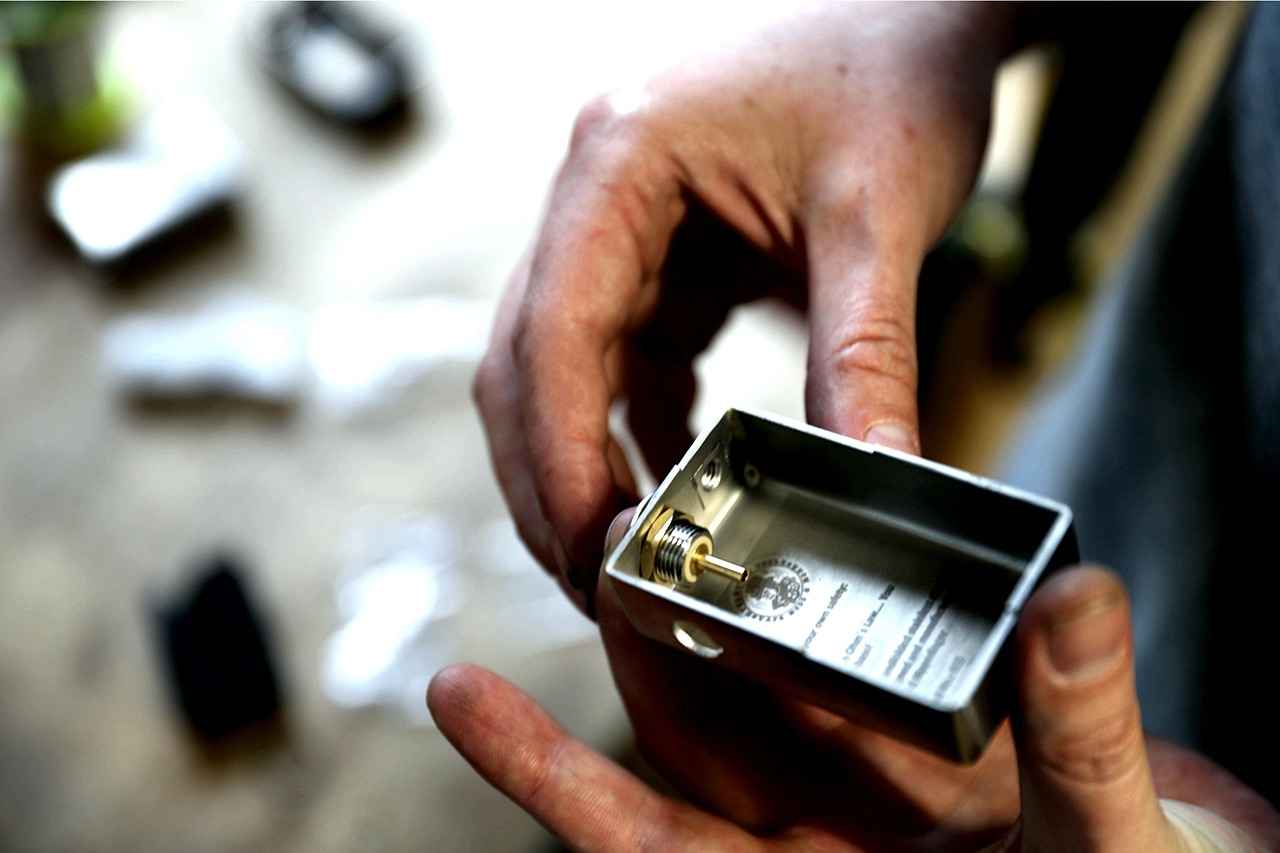
What Ingredients in E-Liquids Are Harmful to Teeth?
In the realm of vaping, the impact on dental health is often overlooked. Many users may not realize that the ingredients in e-liquids can have detrimental effects on their teeth and gums. Understanding these components is crucial for maintaining oral hygiene and preventing potential dental issues.
E-liquids typically contain a mixture of several components, each of which can contribute to oral health problems. The most common ingredients include:
- Propylene Glycol (PG): This synthetic compound is used to create vapor. While generally recognized as safe for ingestion, it can cause dry mouth, reducing saliva production and leading to an increased risk of tooth decay.
- Vegetable Glycerin (VG): Often used for its sweet taste and thicker vapor, VG can also contribute to a dry mouth. A lack of saliva can hinder the natural cleansing of the mouth, allowing bacteria to thrive.
- Nicotine: This addictive substance can constrict blood vessels, impairing circulation to the gums and potentially leading to gum disease. Additionally, nicotine can reduce saliva production, compounding the issue of dry mouth.
- Flavorings: Many e-liquids contain various flavoring agents, some of which can be acidic or sugary. These compounds can erode enamel and promote the growth of harmful bacteria in the mouth.
- Sweeteners: Artificial sweeteners used in e-liquids can also contribute to tooth decay, as they may still provide a food source for cavity-causing bacteria.
The combination of these ingredients can create a perfect storm for dental health. For instance, the drying effects of PG and nicotine can lead to an environment where bacteria flourish, increasing the risk of cavities and gum disease.
The effects of these ingredients on dental health can be profound. For example, reduced saliva due to vaping can lead to:
- Increased Cavity Risk: Saliva plays a crucial role in neutralizing acids and washing away food particles. A decrease in saliva can lead to a higher incidence of cavities.
- Gum Inflammation: Nicotine and other chemicals can contribute to gum inflammation and periodontal disease, which can result in tooth loss if left untreated.
- Bad Breath: The combination of dry mouth and the buildup of bacteria can lead to persistent bad breath, impacting social interactions.
Moreover, the flavorings and sweeteners in e-liquids can create an environment conducive to the growth of harmful bacteria, further exacerbating dental issues. Regular exposure to these ingredients can lead to a cycle of oral health problems that may require professional dental intervention.
For vapers concerned about their dental health, there are several proactive steps that can be taken:
- Stay Hydrated: Drinking plenty of water can help combat dry mouth and promote saliva production.
- Practice Good Oral Hygiene: Regular brushing and flossing are essential. Consider using a fluoride toothpaste to help strengthen enamel.
- Choose E-Liquids Wisely: Opt for e-liquids with fewer harmful ingredients and avoid those with high sugar content.
- Regular Dental Check-Ups: Schedule routine visits to the dentist to monitor oral health and catch potential issues early.
By understanding the harmful ingredients in e-liquids and taking preventive measures, vapers can significantly reduce their risk of dental problems and maintain a healthier smile.
Are Flavorings in E-Liquids Safe for Dental Health?
Flavoring agents in e-liquids have become a significant aspect of the vaping experience, offering a wide range of tastes that appeal to many users. However, it is essential to understand that not all flavorings are created equal, and some may pose risks to dental health. This section examines the potential dangers associated with certain flavorings and their effects on oral tissues.
Many e-liquids contain flavoring compounds that are generally recognized as safe for consumption in food products. However, when inhaled, these substances may behave differently within the body. Some flavorings can lead to adverse reactions in the oral cavity, including irritation and inflammation of the mucous membranes. Research indicates that flavorings such as diacetyl, commonly found in buttery flavors, have been linked to serious respiratory issues, and similar concerns may arise in oral health.
| Flavoring Agent | Potential Risk |
|---|---|
| Diacetyl | Respiratory issues, possible oral irritation |
| Cinnamon | Burning sensation, potential for mucosal damage |
| Menthol | Drying effect on oral tissues |
| Sweeteners (e.g., sucralose) | Encourages bacterial growth, potential tooth decay |
In addition to these specific flavoring agents, the overall chemical composition of e-liquids can impact oral health. For instance, many e-liquids contain high levels of sugar or sugar substitutes, which can contribute to tooth decay and the proliferation of harmful bacteria in the mouth. This is especially concerning for vapers who may not maintain optimal oral hygiene practices.
Furthermore, the inhalation of vapor can lead to dry mouth, a condition that reduces saliva production. Saliva plays a critical role in maintaining oral health by neutralizing acids and washing away food particles. A decrease in saliva can exacerbate the harmful effects of flavorings, leading to an increased risk of cavities and gum disease.
It is vital for vapers to be aware of the potential risks associated with flavorings in e-liquids and to consider their choices carefully. Opting for brands that disclose their ingredients transparently can help users make informed decisions. Additionally, regular dental check-ups are essential for monitoring any changes in oral health and addressing issues early on.
In conclusion, while flavorings enhance the vaping experience, it is crucial to recognize their potential implications for dental health. Users should prioritize their oral hygiene and remain vigilant about the ingredients in their e-liquids to mitigate risks associated with harmful flavoring agents.
What Role Does Nicotine Play in Oral Health?
Nicotine, a well-known component of tobacco products, is also prevalent in many e-liquids used for vaping. Its presence raises significant concerns regarding dental health and oral hygiene practices. Understanding how nicotine affects the mouth’s environment is crucial for vapers who wish to maintain their oral health.
Nicotine can have several adverse effects on oral health. It is known to constrict blood vessels, which can lead to reduced blood flow to the gums. This diminished circulation can result in a higher risk of gum disease and delayed healing of oral tissues. Furthermore, nicotine’s impact on saliva production can lead to dry mouth, creating an environment conducive to bacterial growth and tooth decay.
Yes, nicotine can significantly contribute to the development of gum disease. By impairing blood flow, it makes the gums more susceptible to infections. Studies have shown that vapers who consume high levels of nicotine may experience more severe gum issues compared to non-users. Regular dental check-ups become essential for early detection and management of these conditions.
Recognizing the symptoms of gum disease is vital for vapers. Common signs include:
- Red, swollen gums
- Bleeding while brushing or flossing
- Persistent bad breath
- Loose teeth
- Changes in bite alignment
To mitigate the risk of gum disease, vapers should adopt several preventive strategies:
- Maintain regular dental appointments to monitor oral health.
- Practice good oral hygiene by brushing twice daily and flossing regularly.
- Stay hydrated to combat dry mouth.
- Consider nicotine-free e-liquids to reduce health risks.
Dry mouth, or xerostomia, is a common side effect of nicotine consumption. Reduced saliva production can lead to various oral health issues, including:
- Increased risk of cavities due to lack of saliva to neutralize acids.
- Higher likelihood of gum disease as saliva helps wash away bacteria.
- Difficulty in tasting food and swallowing.
Aside from nicotine, e-liquids contain various other ingredients that can be detrimental to dental health. Some of these include:
- Propylene Glycol – can lead to dry mouth.
- Glycerin – may contribute to tooth decay if not properly managed.
- Flavoring agents – some can be acidic and erode enamel.
Flavorings in e-liquids can pose risks to dental health. Certain flavoring agents may be more harmful than others, particularly those that are acidic or overly sweet. Users should be cautious and choose e-liquids with ingredients that are less likely to harm their teeth.
For vapers, maintaining oral health is critical. Here are some actionable tips:
- Brush and floss regularly to remove plaque and food particles.
- Use mouthwash to help manage bacteria and freshen breath.
- Limit sugary foods and drinks that can exacerbate tooth decay.
- Stay informed about the latest research on vaping and dental health.
Regular dental visits are crucial for vapers. If you experience any symptoms of gum disease or other oral health issues, it’s important to seek professional advice. Early intervention can prevent more serious complications and ensure better dental outcomes.

How Can Vapers Maintain Healthy Teeth?
Maintaining dental health is crucial for vapers, as the use of e-cigarettes can pose unique challenges to oral hygiene. The following section outlines effective strategies and tips that vapers can implement to ensure their dental health remains a priority while enjoying their vaping experience.
- Regular Brushing and Flossing: Vapers should maintain a consistent oral hygiene routine, which includes brushing at least twice a day and flossing daily. This practice helps remove plaque and prevent the buildup of bacteria that can lead to tooth decay and gum disease.
- Use a Fluoride Toothpaste: Opt for toothpaste that contains fluoride, as it strengthens tooth enamel and provides additional protection against cavities, especially for those who vape regularly.
- Stay Hydrated: Vaping can lead to dry mouth, which increases the risk of dental issues. Drinking plenty of water throughout the day can help combat this effect, keeping saliva production at healthy levels and aiding in the natural cleaning of teeth.
- Limit Sugary E-Liquids: Be mindful of the ingredients in e-liquids. Some flavored e-liquids contain high levels of sugar, which can contribute to tooth decay. Choosing sugar-free options can significantly reduce this risk.
- Rinse After Vaping: Consider rinsing your mouth with water after vaping. This simple action can help wash away residue from e-liquids and mitigate the effects of dry mouth.
- Use Mouthwash: Incorporating an antibacterial mouthwash into your oral care routine can help reduce bacteria in the mouth and provide additional protection against gum disease.
- Regular Dental Check-ups: Schedule dental visits at least twice a year. Regular check-ups allow your dentist to monitor your oral health, identify potential problems early, and provide professional cleanings to remove plaque and tartar buildup.
- Be Aware of Symptoms: Pay attention to any changes in your oral health, such as bleeding gums, persistent bad breath, or increased tooth sensitivity. These could be signs of gum disease or other dental issues that require prompt attention.
By implementing these practical tips and remaining vigilant about their oral hygiene, vapers can significantly improve their dental health outcomes. The combination of proper care and regular dental visits can help mitigate the potential risks associated with vaping and promote a healthier smile.
What Oral Hygiene Practices Should Vapers Follow?
Maintaining optimal oral hygiene is essential for vapers, as the habit can have adverse effects on dental health. Understanding the specific practices that can help mitigate these risks is crucial for anyone who uses e-cigarettes. Below are some effective oral hygiene practices that vapers should incorporate into their daily routines to protect their teeth and gums.
- Brush Regularly: It is vital to brush your teeth at least twice a day with fluoride toothpaste. This helps remove plaque and reduces the risk of tooth decay, which can be exacerbated by vaping.
- Floss Daily: Flossing is essential for removing food particles and plaque from between teeth where a toothbrush cannot reach. Vapers should make this a daily habit to maintain gum health.
- Stay Hydrated: Vaping can lead to dry mouth, which increases the risk of cavities and gum disease. Drinking plenty of water throughout the day can help stimulate saliva production, which is crucial for neutralizing acids and washing away food particles.
- Use Mouthwash: An antibacterial mouthwash can provide an extra layer of protection against plaque and bacteria. Look for a mouthwash that contains fluoride to strengthen tooth enamel.
- Regular Dental Check-ups: It’s important for vapers to visit their dentist regularly, ideally every six months. Routine check-ups can help catch early signs of gum disease or other oral health issues.
- Avoid Sugary E-Liquids: Many e-liquids contain sugars that can contribute to tooth decay. Opt for sugar-free options when possible, and always rinse your mouth with water after vaping.
- Limit Vaping Frequency: Reducing the frequency of vaping can help minimize exposure to harmful ingredients found in e-liquids. This can also decrease the likelihood of developing dry mouth and other oral health issues.
- Consider a Humidifier: Using a humidifier at home can help combat dry air, which can worsen dry mouth symptoms. This is particularly beneficial during winter months when indoor air tends to be drier.
By adopting these practices, vapers can significantly improve their oral hygiene and mitigate the negative effects of vaping on their dental health. While it’s essential to enjoy your vaping experience, prioritizing oral care will help maintain a healthy smile.
When Should You See a Dentist as a Vaper?
As a vaper, maintaining optimal oral health is paramount. Regular dental visits are not just a recommendation; they are a necessity. This section emphasizes the critical role of routine dental check-ups for vapers, focusing on the need to monitor oral health and recognize when it’s time to seek professional advice.
Why Are Regular Dental Visits Important for Vapers?
Vaping can lead to various oral health issues, making it essential for users to stay vigilant. Regular dental visits allow for early detection of potential problems such as gum disease, tooth decay, and other complications that may arise from e-cigarette use. Dentists can provide tailored advice on maintaining oral hygiene, specifically addressing the unique challenges faced by vapers.
How Often Should Vapers Visit the Dentist?
It is generally recommended that vapers schedule dental check-ups at least every six months. However, if you experience any discomfort or notice changes in your oral health, such as increased sensitivity, bleeding gums, or persistent dry mouth, you should seek dental care sooner. Proactive monitoring can prevent minor issues from escalating into more severe conditions.
What Signs Indicate the Need for a Dental Visit?
- Persistent Bad Breath: This may indicate underlying gum disease or dental issues.
- Tooth Sensitivity: Increased sensitivity to hot or cold can signal enamel erosion or decay.
- Bleeding Gums: Regular bleeding during brushing or flossing is a warning sign of gum disease.
- Dry Mouth: A common side effect of vaping, dry mouth can lead to increased cavities and discomfort.
How Can Dentists Help Vapers?
Dentists play a vital role in helping vapers maintain their oral health. They can offer personalized care plans, recommend specific products designed to combat the adverse effects of vaping, and provide education on proper oral hygiene practices. Furthermore, they can monitor changes in the mouth and provide early interventions when necessary.
What Preventative Measures Can Vapers Take?
In addition to regular dental visits, vapers should adopt a comprehensive oral care routine. This includes:
- Brushing twice a day with fluoride toothpaste.
- Flossing daily to remove plaque buildup between teeth.
- Staying hydrated to combat dry mouth.
- Using mouthwash that helps reduce bacteria.
Conclusion
Regular dental visits are essential for vapers to monitor their oral health effectively. By understanding the signs that necessitate a dental appointment and maintaining a proactive approach to oral hygiene, vapers can significantly reduce their risk of serious dental problems. Always consult with your dentist for personalized advice and care tailored to your vaping habits.
Frequently Asked Questions
- How does vaping affect my oral health?
Vaping can lead to various oral health issues, including dry mouth, gum disease, and tooth decay. The chemicals in e-cigarettes can disrupt your oral microbiome, making it easier for harmful bacteria to thrive.
- What are the signs of gum disease for vapers?
Common symptoms include swollen or bleeding gums, persistent bad breath, and loose teeth. If you notice any of these signs, it’s essential to consult a dentist promptly.
- Can I prevent gum disease while vaping?
Yes! Maintaining good oral hygiene, including regular brushing and flossing, can help. Additionally, staying hydrated and using mouthwash can combat dry mouth and reduce the risk of gum disease.
- What ingredients in e-liquids are harmful to my teeth?
Some harmful ingredients include high sugar content and certain flavorings that can contribute to tooth decay. It’s crucial to choose e-liquids with lower sugar levels to protect your dental health.
- How often should vapers visit the dentist?
Vapers should aim for dental check-ups at least twice a year. Regular visits can help catch any potential issues early and keep your smile healthy.




